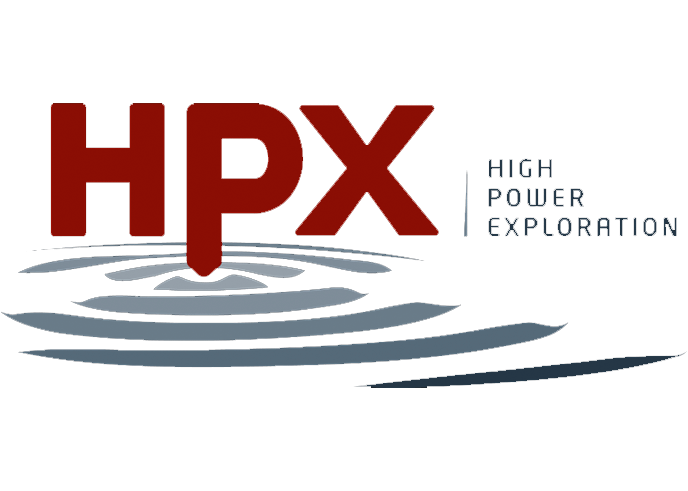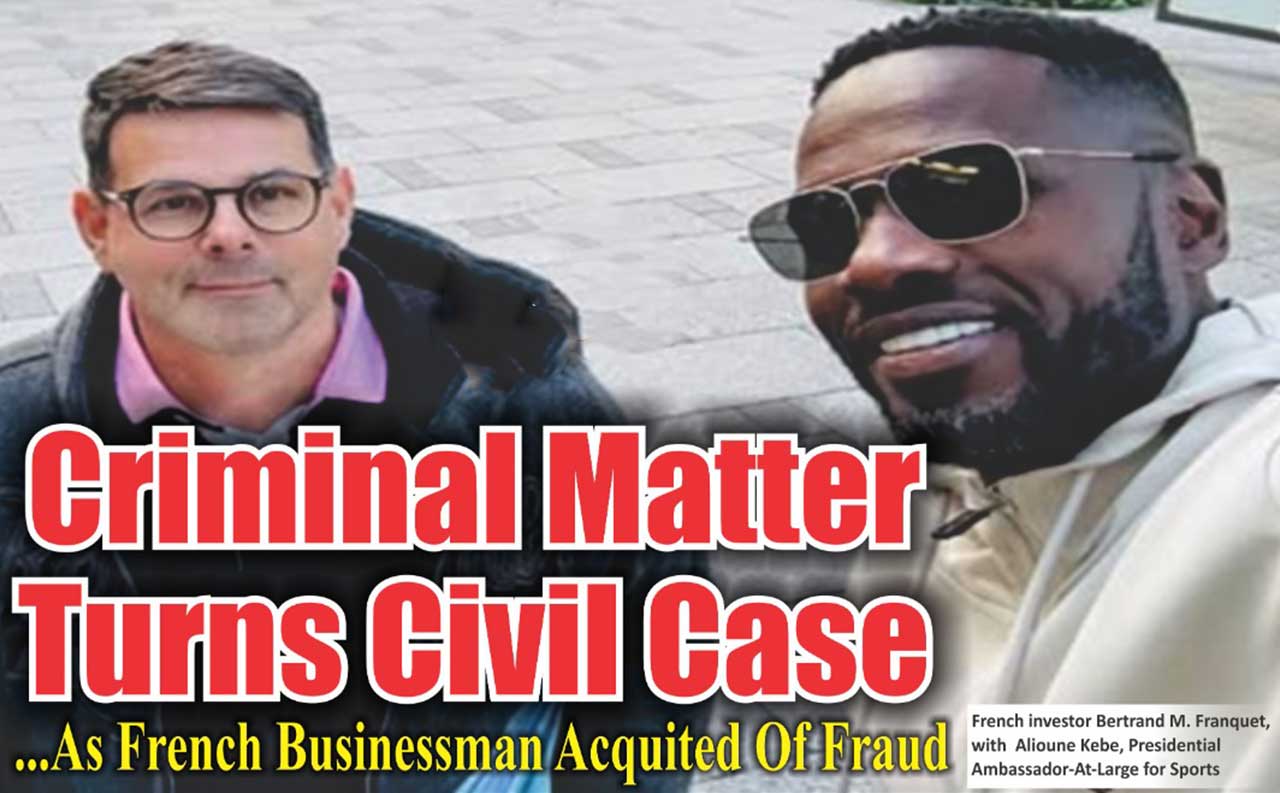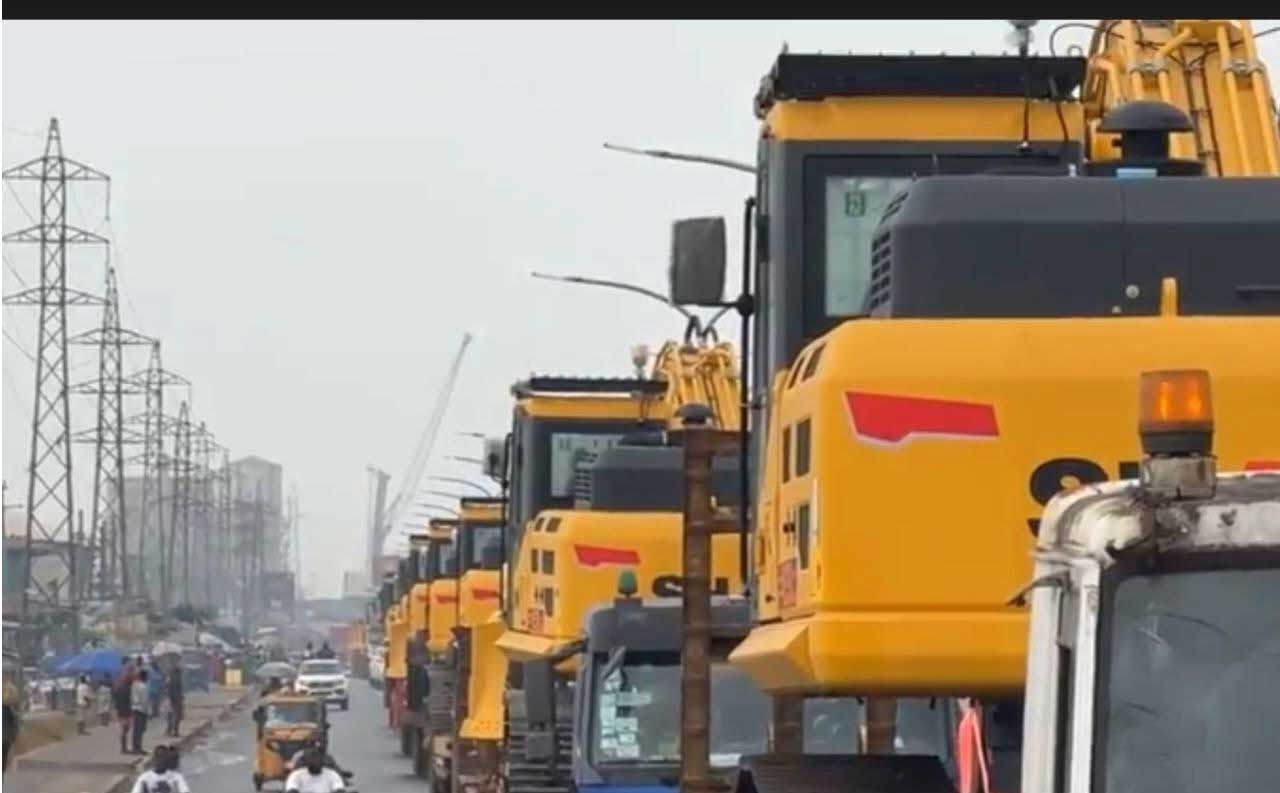Recent developments in Liberia’s mining sector have raised eyebrows and sparked stakeholder concerns over the conduct of High Power Exploration (HPX) which recently signed a letter of intent with the Government of Liberia to invest up to $5 billion, for among others, construction of a railway from Guinea to Buchana Port.
Reports have surfaced suggesting that HPX, initially known for its acquisition of the Nimba Mount project in Guinean, is attempting to assert its relevance in Liberia by allegedly pursuing a dubious acquisition of Solway Mining Incorporated, despite its lack of any footprint in the sector in Liberia.
At the center of the controversy lies a complex web of connections involving HPX, influential figures like Mr. Ibrahim Mahama, brother of former Ghanaian President John Mahama, and a faction of disgruntled Russians.
It is alleged that HPX is leveraging these ties to manipulate Liberian laws and engineer the acquisition of Solway Mining, which has been trying to take control of the Blei and Delton deposits which are already within the ArcelorMittal Liberia concessional area.
Mr. Ibrahim Mahama’s frequent visits to Liberia and engagements with high-ranking government officials have fueled suspicions of a concerted effort to secure control over Solway Resources.
Disturbingly, reports have emerged of local communities being mobilized to oust individuals associated with the current ownership structure of Solway Mining, raising ethical and legal concerns.
Central to the controversy is the disputed ownership of Solway Mining, with conflicting narratives surrounding its incorporation and subsequent amendments.
While the Ministry of Mines and Energy recognizes Boima Morgan as the legitimate owner of Solway, a group of Russians are equally making claims of ownership and it is this group that reports suggest HPX is allegedly attempting to use in a bid to acquire Solway.
In February this year, High Power Exploration (HPX) signed a letter of intent with the Liberian government and pan-African investment group Guma Africa to negotiate the ownership, design, financing, development, and operation of what it calls “Liberty Corridor”.
The Liberty Corridor was supposed to be a multi-user infrastructure corridor connecting Guinea and Liberia, which HPX said will include a new railroad from Guinea’s mining-rich Nimba region to a deepwater port in Liberia, alongside an extension of the hydropower network from Côte d’Ivoire into the Nimba districts with advancement in regional infrastructure, alongside ongoing projects such as road upgrades and fiber optic installation.
All along, the broader picture has been that HPX would make use of the railway between Buchanan and Yekepa to transport ore from its Guinea concession. But then, the company shifted to the construction of Liberty Corridor and, yet again its sudden interest in acquiring a mining asset in Liberia which contradicts its original focus on the Guinean project.
Despite previous assertions limited to utilizing Liberian railways for iron ore transportation, HPX’s pursuit of Solway Mining suggests a desperate attempt to maintain relevance in the Liberian mining space.
Furthermore, the investment community awaits a framework agreement on the Liberty Corridor, based on the letter of intent signed between the Government of Liberia and HPX.
The lack of clarity surrounding HPX’s motives and actions speaks to the urgent need for transparency and accountability in its dealings with the Liberian government and local communities.
In light of these developments, many in the mining industry are urging Liberian policymakers to be mindful of investors who engage in desperate means to achieve their ends.
The future of Liberia’s mining sector hinges on ensuring that ethical standards and business practices are upheld, and the interests of all stakeholders are safeguarded.
Only through transparency and accountability can the integrity of Liberia’s mining industry be preserved and the trust of its citizens restored.



